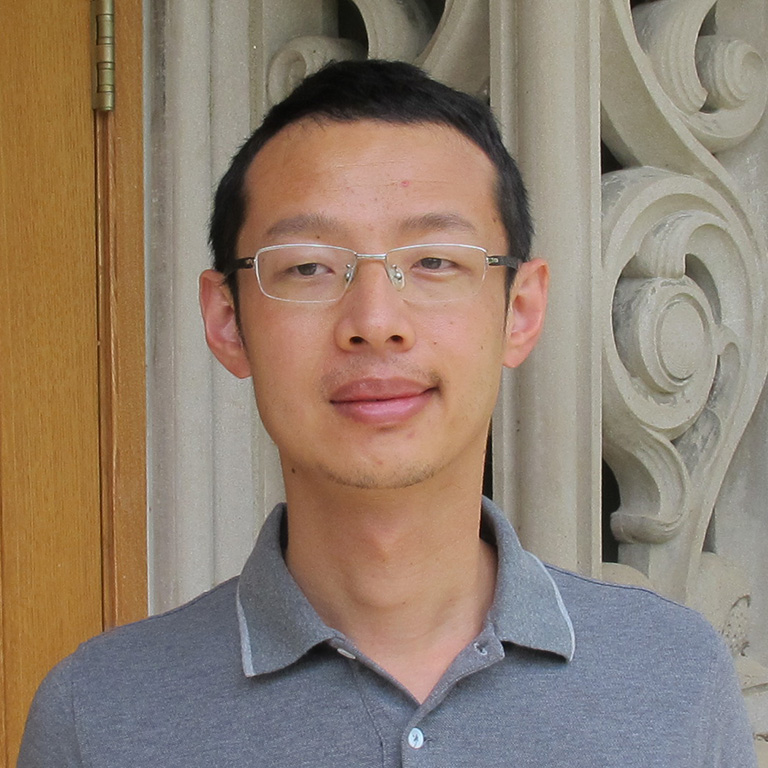“Hot Jupiter” exoplanets are among the easiest to find around other stars, but also are the rarest type of exoplanet found in our galaxy. Hot Jupiters have masses comparable or even larger than our own Jupiter but orbit very close to their host stars, often even closer to their stars than Mercury orbits our sun. The origin of these hot, massive exoplanets has been difficult to explain, but IU astronomer Songhu Wang, along with collaborators Dong-Hong Wu and Malena Rice, propose a new framework for understanding the origin of hot Jupiters.
The team has analyzed the full, four-year dataset for hot and warm Jupiter exoplanets from NASA’s Kepler mission. They use transit timing variations to show that many of these exoplanets don’t orbit alone. Transit timing variations occur when the gravitational influence of a nearby planet causes slight variations in the timing of a hot Jupiter’s transit across the face of its host star. From their study of nearly 100 hot and warm Jupiter planets, they find that some 12% of hot Jupiters and more than 70% of warm Jupiters have nearby planetary companions orbiting their host stars. Previous studies suggested that a hot Jupiter is usually the only planet orbiting its host star.
Their results challenge previous understanding of how hot Jupiters and warm Jupiters come to orbit in circular orbits so close to their stars. The "lonely planet" status of hot Jupiters initially suggested that these massive planets had ejected all other planets from their systems as they violently migrated inward after forming further out. However, the presence of other planets in some hot Jupiter systems challenges this theory and suggests that at least a fraction of these massive planets did not experience any violent dynamical history. The final configuration of hot Jupiter and warm-Jupiter systems, including the presence or absence of other planets, depends on the number and compactness of the massive planets in the same system. These different outcomes are consistent with the current observational evidence for hot and warm Jupiters.
Their paper is published in the Astronomical Journal and can be found at https://ui.adsabs.harvard.edu/abs/2023arXiv230212778W/abstract


 The College of Arts
The College of Arts